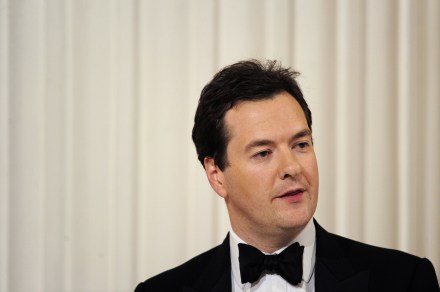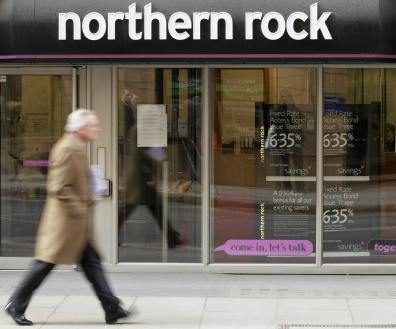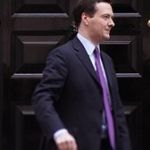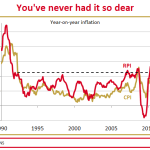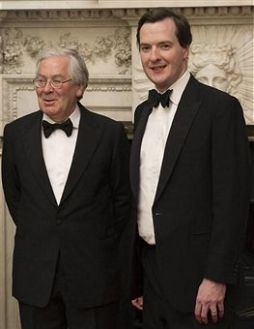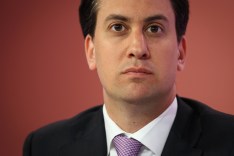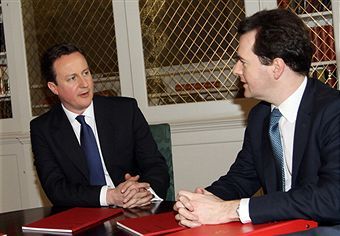A nation of shareholders?
The great sleeper issue in British politics at the moment is what to do with the state owned bank shares. The money that could be generated by a sale of these bank shares is massive. The state’s stake in RBS is bigger than all the privatizations of the 1980s combined. Nick Clegg’s proposal (£) that everyone in the country be given shares in the banks is one option. But I suspect that would overly depress the value of the shares and would reduce the amount of money that the government would have in its pre-election war-chest. A more likely option is still a scheme where these shares are sold at







